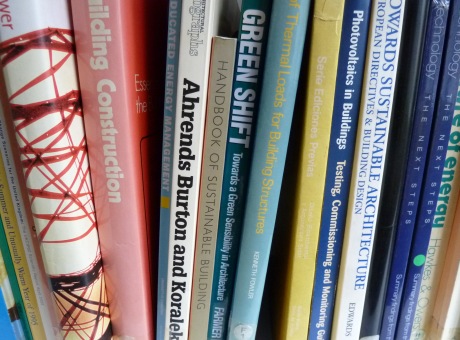What motivates retrofitting? Results of a nationally representative sample in Great Britain

26 August 2015
Energy use in buildings is one of the largest contributors to total energy consumption. The UK Government established the goal of reducing carbon emissions from homes by 29% by 2020, with energy efficiency improvements forming a central part of the plans. However, the recent ‘Green Deal’ policy to promote energy-efficiency measures in homes through financial incentives had very little uptake. In a nationally representative survey, we assessed framing effects on the hypothetical uptake of free home insulation provided by the energy supplier. The frames tested were: (1) monetary savings, (2) a warmer home, (3) carbon savings, (4) health benefits, and (5) social norms. The option emphasizing monetary savings was associated with significantly higher likeliness to take up the offer than any of the other options, which all received similar mean ratings. Higher trust in the energy supplier was associated with higher likeliness to participate in the scheme. Financial benefits seem to be the greatest incentive for retrofit measures, supporting policy based on them. In this context we critically discuss the apparent failure of the Green Deal, and suggest how the importance of trust in the energy supplier could be used in the future.
What motivates retrofitting? Results of a nationally representative sample in Great Britain. 11th Biennial Conference on Environmental Psychology Groningen, The Netherlands.
Huebner, G., Fell, M., Shipworth, D.T. (2015)
The full text of this article is not available through UCL Discovery.
 Close
Close

